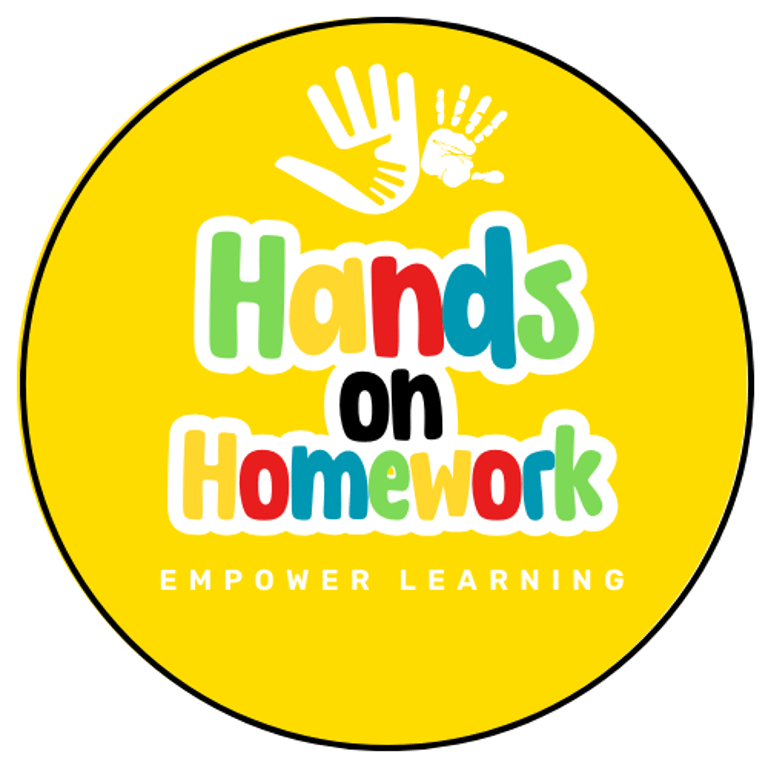When to Reach Out to Teacher
3 things to look out for
SET YOUR CHILD UP FOR SUCCESS
7/23/20252 min read


The Struggle is Real links
For many families, homework is one of the first places school stress shows up. A child who can't—or won’t—complete assignments may be sending an important message. But how do you know whether it’s just a tough week… or something deeper?
If your child is consistently struggling with homework, it might be time to have a conversation with their teacher. Here's how to tell when that step is necessary—and what questions to consider.
Signs It’s Time to Check In:
Homework takes hours every night (beyond the expected time for their age).
Your child regularly cries, shuts down, or avoids homework altogether.
They say “I don’t get it” about material you think the child knows already.
You’re constantly having to reteach the lesson at home.
There’s a sudden change in homework behavior (like going from engaged to avoidant).
Possible Underlying Issues to Explore
1. The Teaching Isn’t Reaching
Sometimes, the material wasn’t clearly explained, or the pace in class was too fast. If your child is regularly lost at homework time, it could be that they didn’t grasp the lesson earlier in the day. This isn’t about blame—it’s about making sure teaching and learning styles are aligned.
2. Learning Differences
If your child struggles with reading, writing, memory, or attention, it might signal an underlying learning difficulty such as dyslexia, ADHD, or a processing disorder. A conversation with the teacher can help determine if these patterns are also showing up during class.
3. Social or Emotional Stress
Sometimes the real issue isn’t academic at all. If your child is anxious, being bullied, feeling isolated, or struggling with self-esteem, that emotional weight can spill over into homework time. Avoidance and frustration might be signs they’re emotionally overwhelmed, not intellectually confused.
So, What Do I Say to the Teacher?
When you decide to reach out, keeping the tone collaborative, not confrontational is the key to success. Showing that you value the teacher as a part of your child's team will usually yield best results from all angles.
Here’s a simple way to start:
“We’ve noticed our child is really struggling with homework lately—getting upset, confused, or not finishing. Can you share how they’re doing in class, and if you’ve seen anything similar?”
From there, ask:
Are they engaged during lessons?
Do they ask questions or seem lost?
How do they do on in-class assignments?
Are there any social dynamics affecting them?
The Bottom Line
Most importantly, don’t wait too long if homework is becoming a daily source of stress or struggle. Homework is a reflection of classroom learning—but it can also uncover emotional, social, or cognitive challenges. You don’t need to have all the answers before you talk to the teacher—just a willingness to understand the bigger picture.
Your child’s success depends on a strong home-school connection. And the sooner you open the conversation, the better chance you have of getting them the support they need.
(link to checklist for parents)( link to post about the window to class room.)
